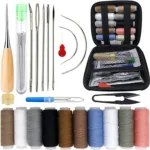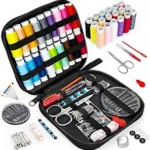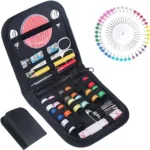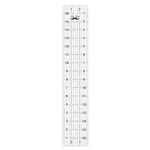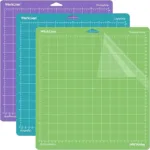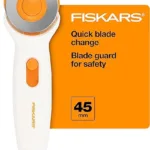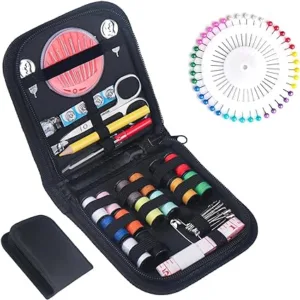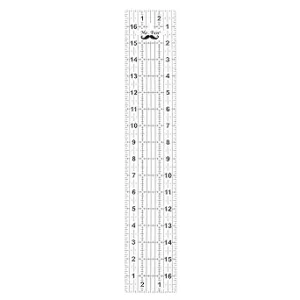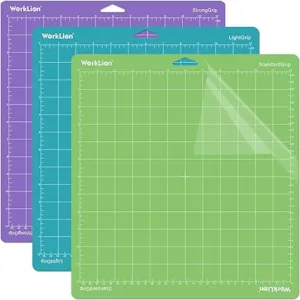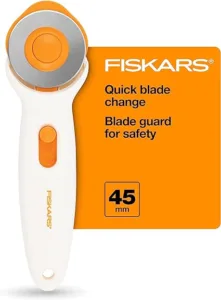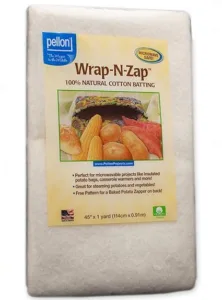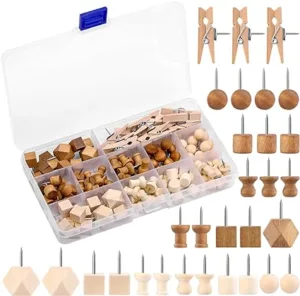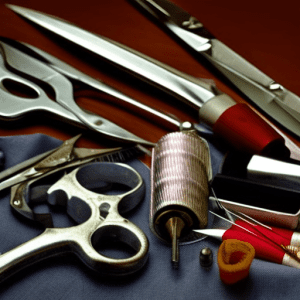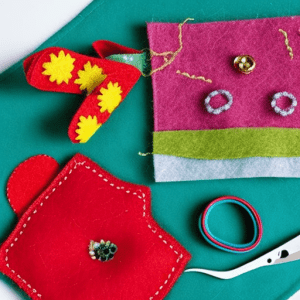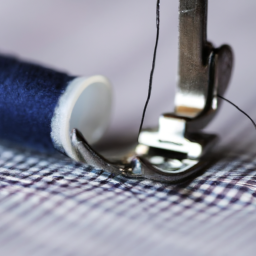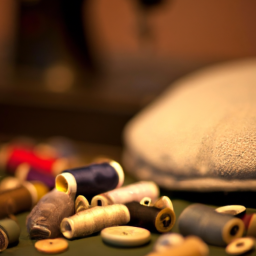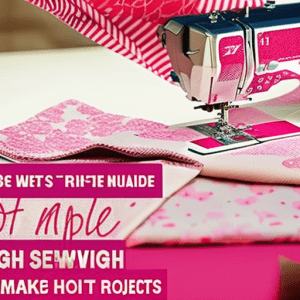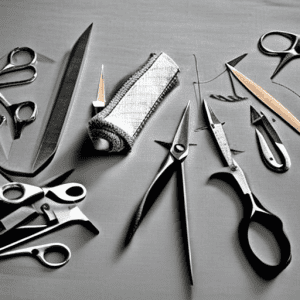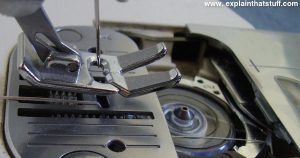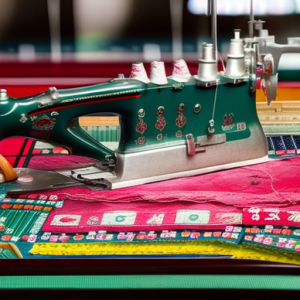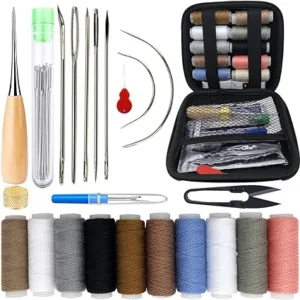
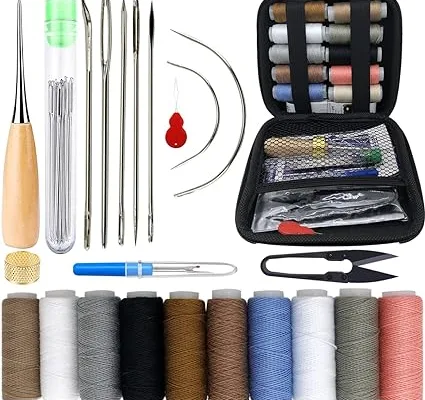
Top Sewing Kits Roundup for Crafting Enthusiasts
Discover top sewing kits for crafting needs. From upholstery repairs to DIY projects, find reliable and well-equipped solutions in this roundup.
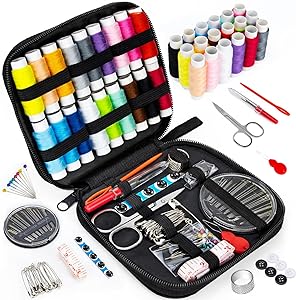
Top Sewing Kits Roundup: Quality and Versatility Unveiled
Discover a diverse range of sewing kits perfect for beginners and professionals. Explore quality, convenience, and versatility in our roundup.
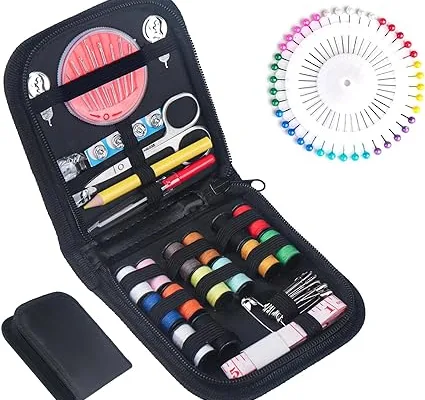
JANREAY Sewing Kit Impresses Beginners with Quality
Sewing Kit for beginners and hobbyists – find a portable and comprehensive solution that exceeds expectations.
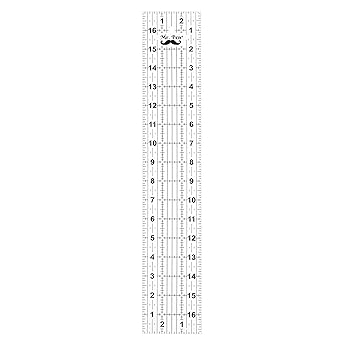
Versatile Quilting Ruler for Sewing Enthusiasts
Quilting Ruler – A lightweight, sturdy, and affordable ruler perfect for all sewing and crafting projects. Ideal for enthusiasts.
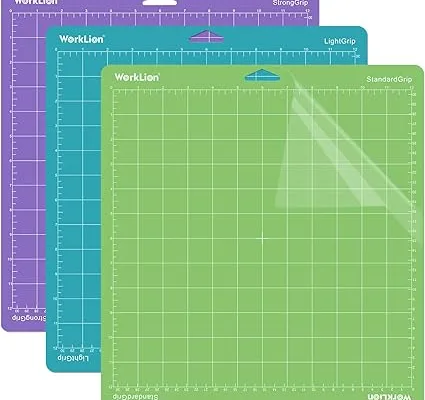
WORKLION Cutting Mat Set for Cricut Users
Explore the durability and versatility of WORKLION cutting mats, ideal for crafters of all levels.
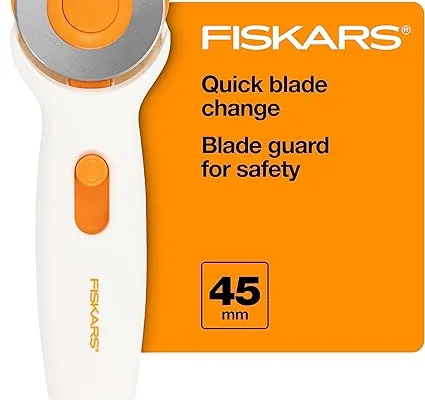
Rotary Cutter for Fabric Cutting Efficiency
Find a versatile rotary cutter designed for precise and effortless fabric cutting in sewing and crafting projects.
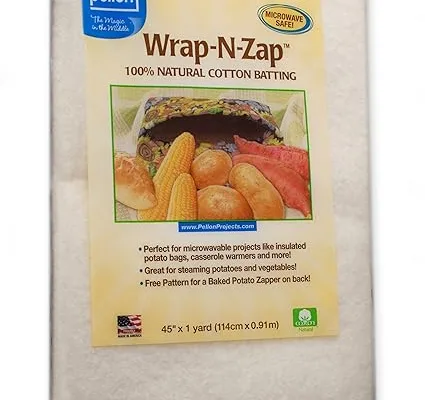
Quilt Batting – Top Choice for Microwavable Projects
Explore the versatility and quality of quilt batting for safe and easy creation of cozy, insulated microwave projects.
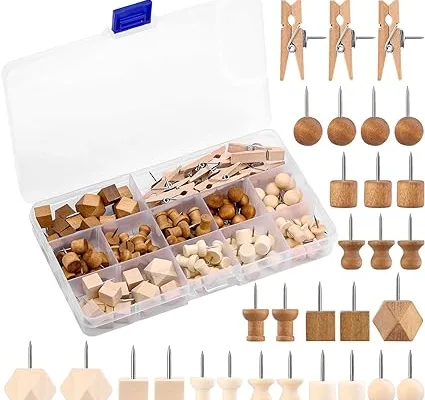
Decorative Wooden Head Pins: Stylish Review
Find versatile and durable decorative wooden head pins, ideal for crafting and bulletin boards. Discover their unique design to…
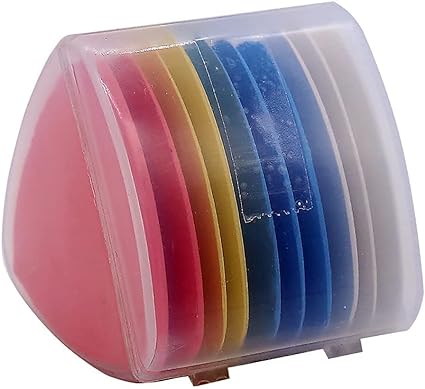
Fabric Chalk for Sewing and Quilting Projects
Find a dependable fabric marking tool with vibrant colors for accurate sewing and quilting projects.
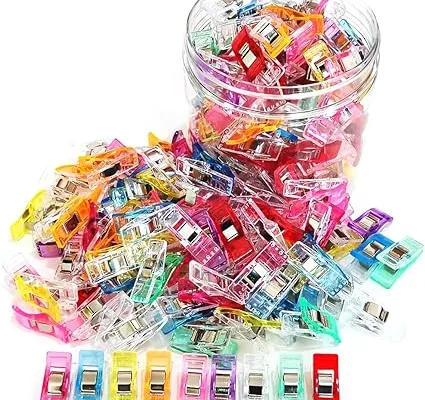
Enhance Your Sewing Experience with Premium Plastic Clips
Plastic Clips revolutionize sewing with efficiency, comfort, and style at an affordable price point. Discover sturdy, colorful …
